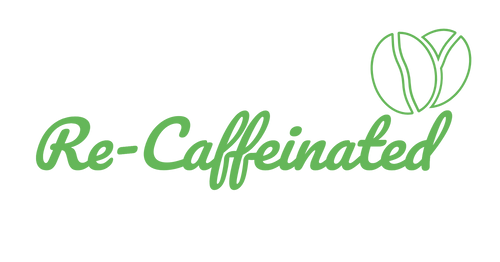Leasing Information
How does the lease work?
A lease agreement is a contract between you ‘the customer’ and a leasing company. This enables you to use equipment over a period of time on payment of rentals to the leasing company.
With a typical lease agreement, you make a series of regular payments (usually on a monthly basis), thus helping cash flow, as opposed to a large capital outlay for the equipment.
Why lease?
Leasing is probably the most popular method of financing new equipment today. Virtually any item of equipment can be leased from £250 to £1 Million.
Who leases?
Nearly every market sector large or small benefits from leasing, from new start business to large established companies.
Should I pay cash or lease?
You may be able to afford to buy the equipment outright, but before you make this decision you must consider the following:
1. All leasing payments are rental payments and as such are an allowable business expense, therefore if a business is making profits they reduce the profit by the amount of the rentals you pay each year which in turn reduces your tax bill.
2. Lease payments are normally the same throughout the lease contract. This means that increases in interest rates do not affect you and enables you to budget your cash flow more effectively.
3. Leasing enables you to save your cash for other purchases such as new stock, staff training, advertising, new business opportunities and unexpected happenings.
Should I go to my bank?
Using your bank for all your business funding is not a good practise. If you use all your overdraft facilities you leave yourself in a vulnerable position to react to any unexpected needs of short-term borrowing.
Your bank may change the interest rate mid-way through a loan or reduce your overdraft facilities, which can dramatically affect the cash flow of your business.
Sometimes banks will limit the amount they will lend you without further security such as taking a charge on your home.
It is not financially prudent to have all your eggs in one basket.
Are there tax benefits associated with leasing?
Yes. Any business wishing to acquire capital equipment should seek the most tax efficient way when doing this. All lease payments are treated as an allowable business expense and therefore attract tax relief for the full duration of the lease agreement. Your accountant will be able to confirm this.
Do my payments increase if inflation or interest rates rise?
No. Your monthly payment is fixed at the start of the lease and so are unaffected by interest rate rises. This enables you to budget your cash flow more accurately. As inflation rises, your payments are fixed, so the cost of the equipment reduces in real terms.
How do I make my payments?
All payments are mainly made by Direct Debit on the same date each month or quarter. Quarterly invoice payments are available on occasion although an extra charge of 2% is made by the banks for this facility due to the extra administrative work involved.
What happens at the end of my lease term?
At the end of the term we offer the customer a number of options.
The first option is to pay a final payment after the last monthly payment to allow you to keep the machine, this is normally just a small fee similar to a monthly payment.
Alternatively, you can upgrade the equipment and take out a new agreement on the latest model.
Finally you can return the machine to us or arrange for us to collect the equipment. This is at cost to the customer for the return delivery/collection.
